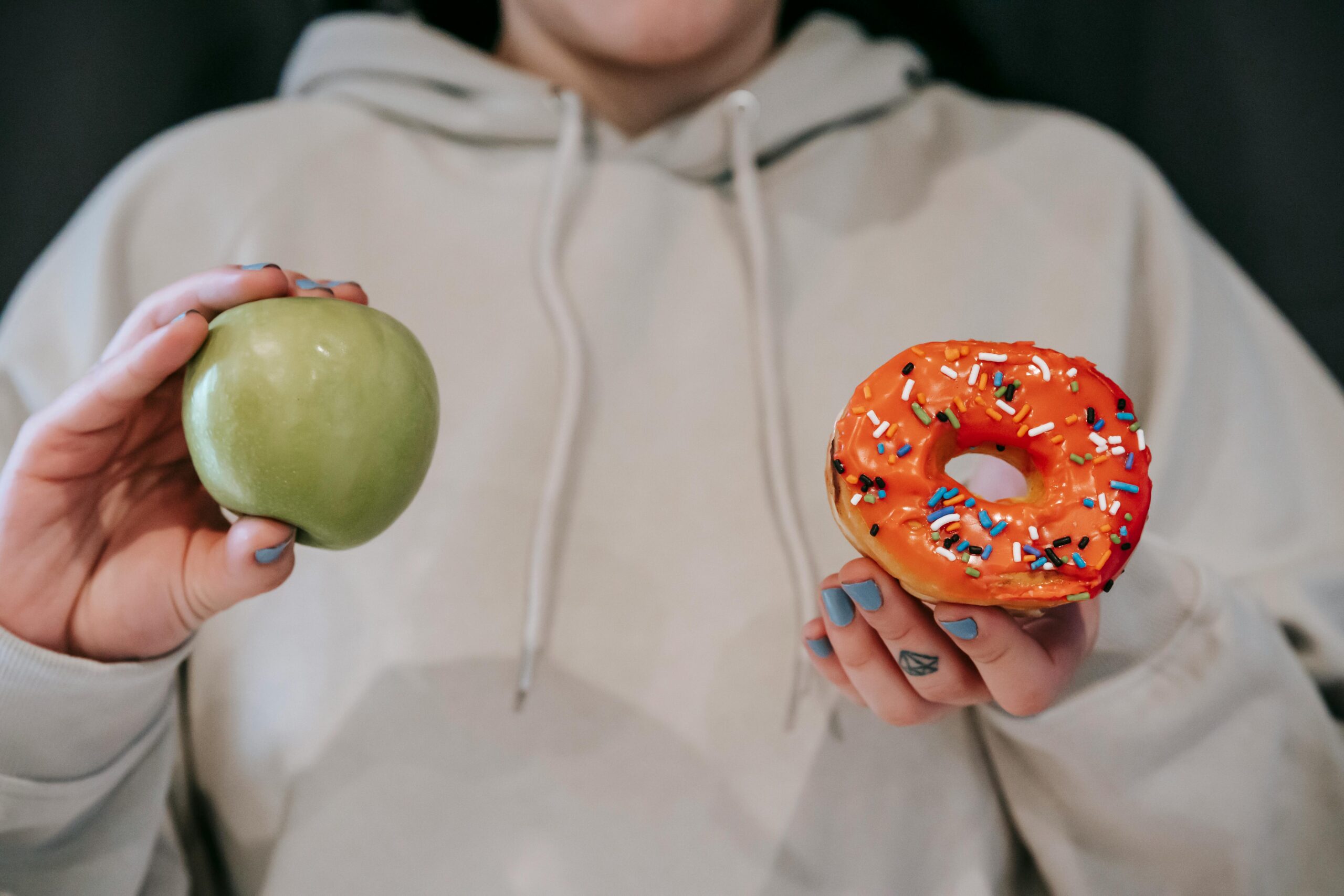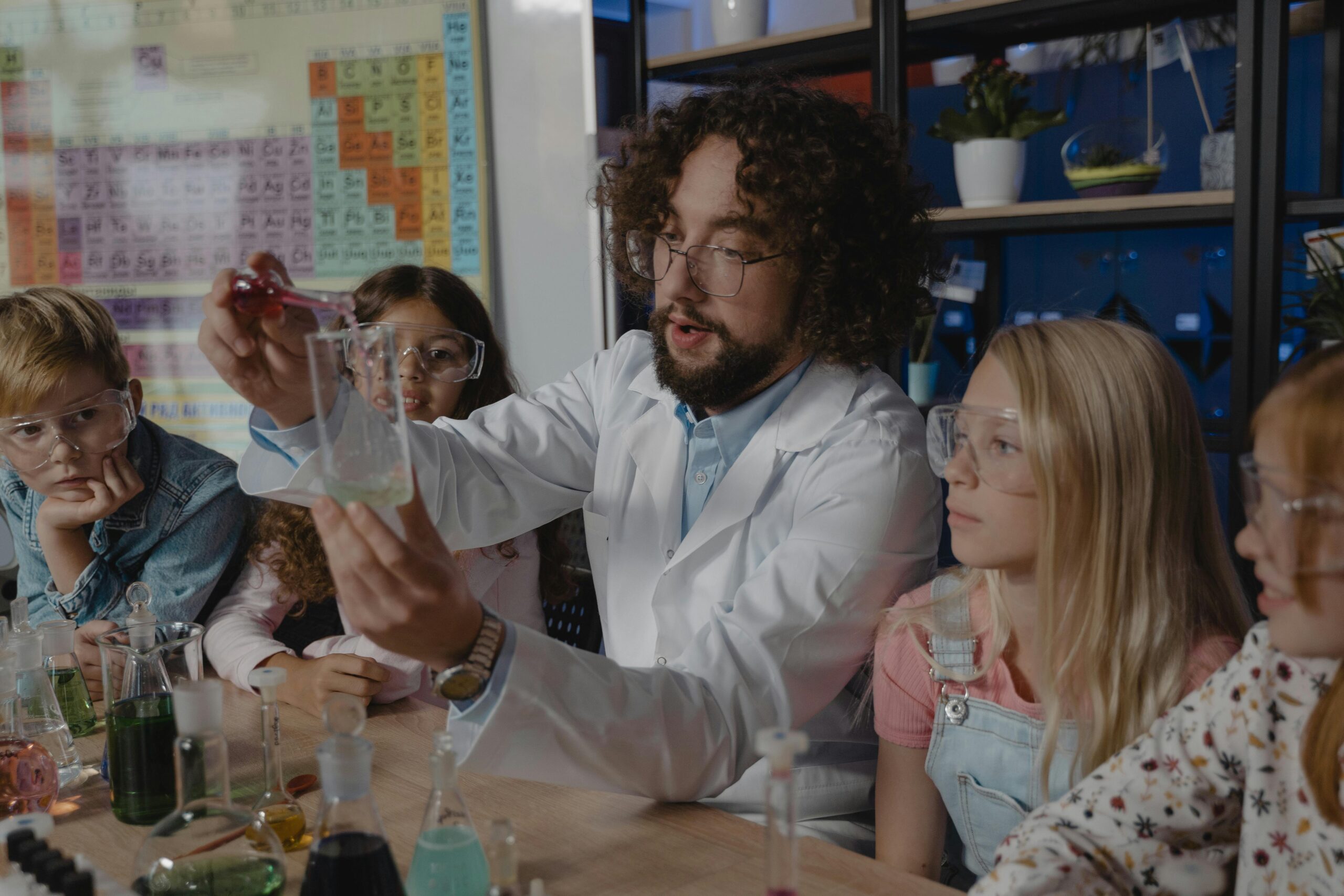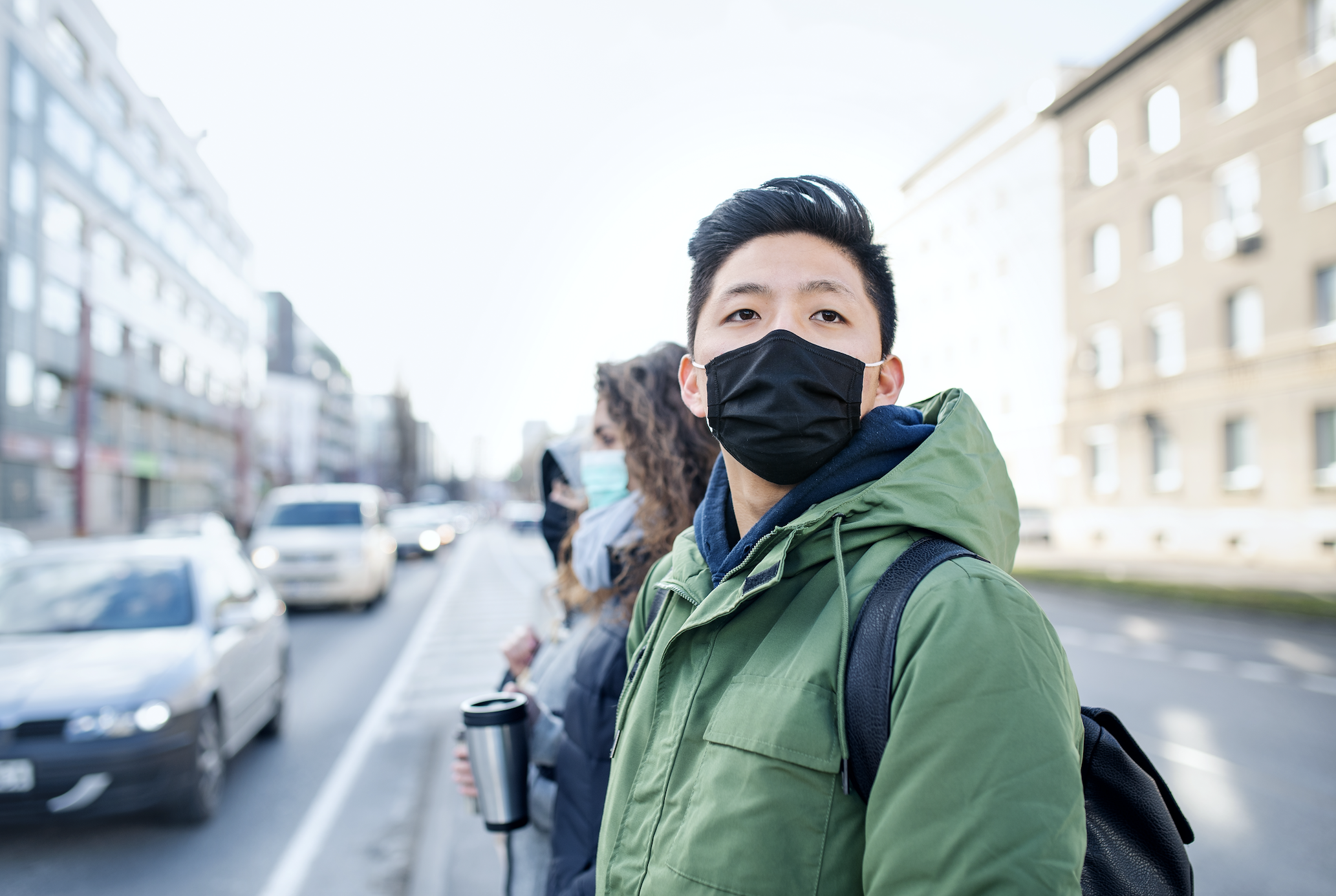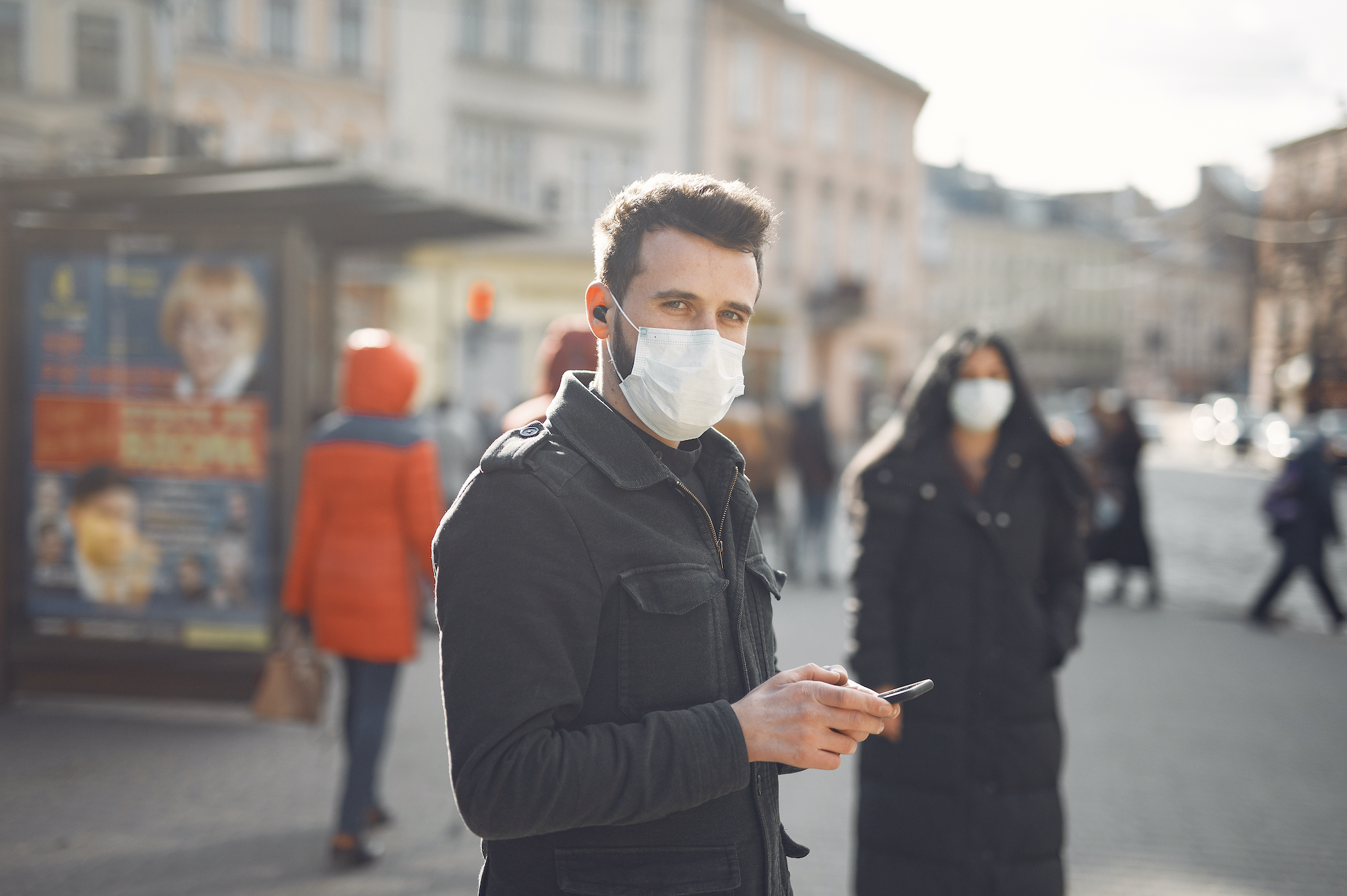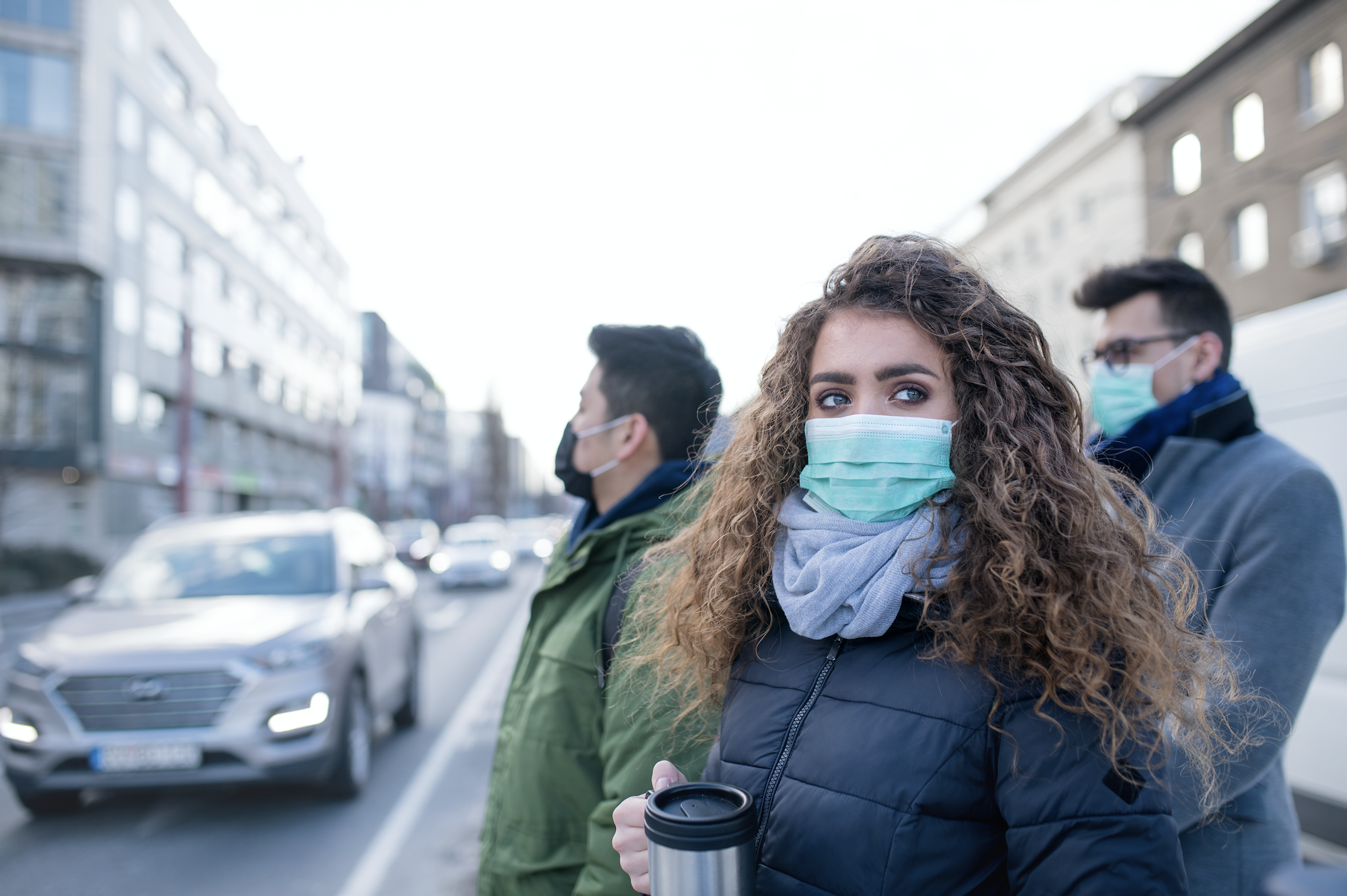
The Biggest Lesson We Can Learn from This Pandemic
I just heard from a friend who lost a tenant in her apartment complex due to the coronavirus. The woman who died was only 41 years old. Suddenly, this outbreak has hit close to home for me.
There is no clear historical precedent for the scale and nature of this shock. Some economists see the U.S. output falling by more in the coming quarter than in the worst quarter of the 2008-09 recession. So, what’s the biggest lesson we can learn from this pandemic?
Trade-offs.
A trade-off is a decision you make that enables you to capitalize on something in exchange for forfeiting something else. It’s a trade.
Trade-offs are what make history fascinating.
In 1803, Napoleon Bonaparte sold President Thomas Jefferson the Louisiana Territory for roughly four cents an acre. It was quite an amazing trade-off for Jefferson. It nearly doubled the size of the U.S. overnight.
In 1867, Russia sold Alaska to the United States. It seemed wise to get rid of the barren land. Plus, they made $7.2 million on the deal. The area has since produced $141 billion worth of oil for the U.S.
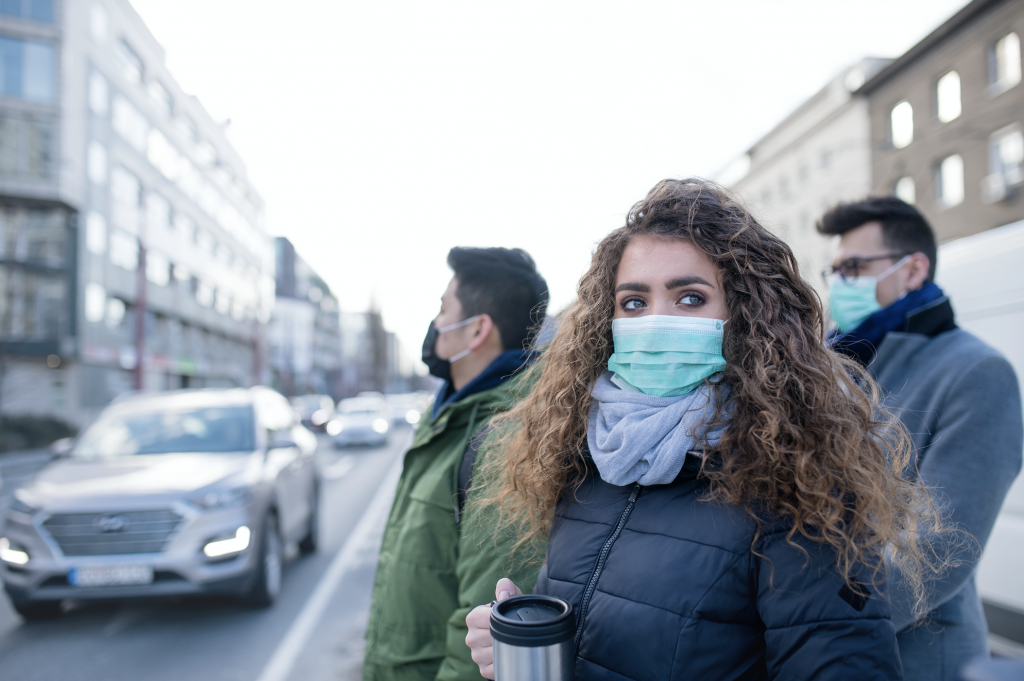
When our world faces an outbreak, trade-offs are made. Sometimes, we trade something we normally enjoy in order to enjoy something else. Governments and the general public face a trade-off between economic stability and public health and safety. The more we prioritize health and safety, the bigger the short-term cost to the economy and vice versa. In other words, if we do the right thing and make sure everyone is safe, we don’t open our stores or host our events, and we pay a price. Commerce takes a dive. Obviously, we want both.
Another trade-off? In order to flatten the curve of infections, we must submit to government mandates about social isolation. South Korea did and the coronavirus leveled off quickly. But we Americans like our freedom; we hate being told what to do. So, the beaches were full during spring break, and nine more people were infected with the coronavirus. We don’t like the trade-off.
Our problem is we need to make our trade-offs quickly.
In times like these, if leaders wait too long to make a decision, they can lose both of their trades. They neither ensure people’s safety nor generate the revenue they might have when moving full steam ahead. School leaders must act quickly and often feel they get blamed by parents no matter what they choose.
Three Keys to Making Trade-Offs
- Always make a pros and cons list of what you gain and lose—both short and long term.
- Long-term benefits often equals short-term consequences. Short-term benefits often equals long- term consequences.
- Never give up what you want most for what you want now. Never compromise values.
Management guru Peter Drucker once hosted a forum for leaders. After a full day of providing leadership insights, Peter told the attendees to put their pens down. Then, he asked them to take out a fresh piece of paper and begin writing down all the ideas they planned to implement as a result of their time together. Everyone began frantically listing all the things they planned to apply from their training day.
With five minutes to spare, however, Peter Drucker told everyone to stop. Then he shocked them. He instructed the attendees to turn their paper over and make a list of all the items they would stop doing to make room for the new ideas they planned to start doing. Wow. Attendees looked around. No one was writing anything down at first. Why? We just don’t do this in today’s world. We never stop doing things. We just keep adding to our to-do lists. It’s time we learn to make trade-offs.


